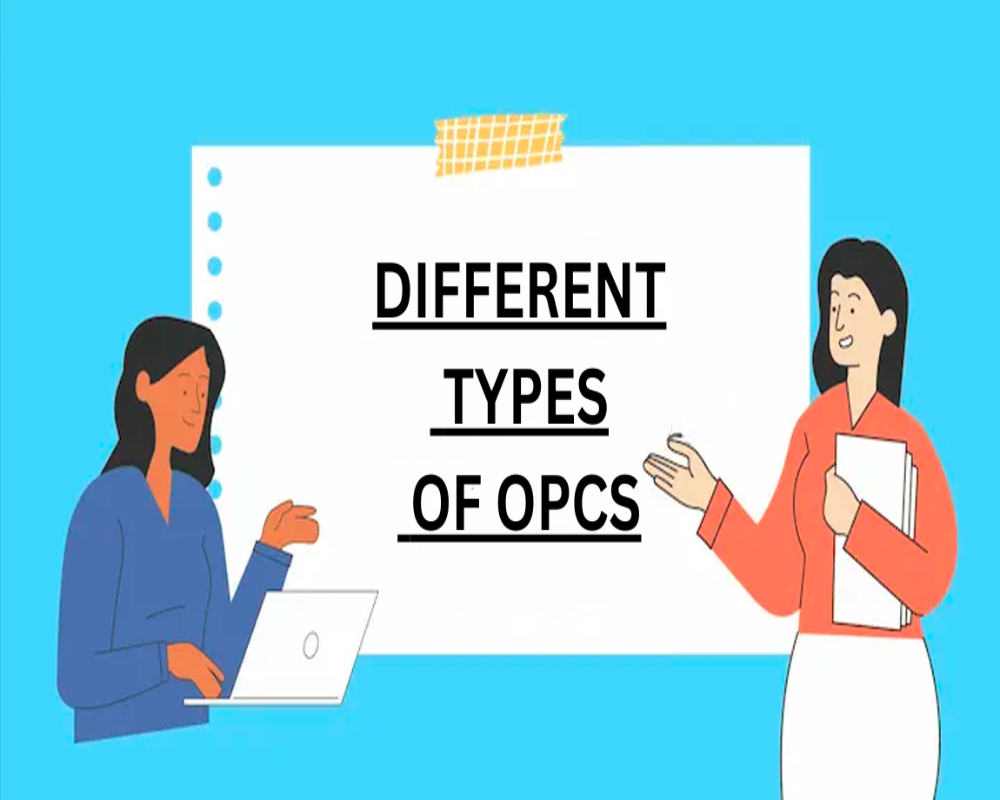Based on the Nature of Liability
- Limited by Shares: Most common form; liability is limited to the amount unpaid on the shares held by the sole member.
- Limited by Guarantee: Liability is limited to a predetermined amount guaranteed by the member, usually applicable in non-profit OPCs.
- OPCs cannot be unlimited liability companies under Indian corporate laws.
Based on the Nature of Activities
- Product-Based OPC: Engaged in manufacturing, trading, or selling physical goods such as garments, electronics, or food products.
- Service-Based OPC: Provides professional or consultancy services like IT, design, marketing, legal, or educational services.
- The choice of business type affects tax registration, compliance needs, and licensing.
Based on Capital Structure
- Low Capital OPCs: Formed with a nominal authorized and paid-up capital (e.g., below ₹10 lakh), suitable for startups and freelancers.
- High Capital OPCs: Have higher capital (up to ₹50 lakh) and may approach the threshold for mandatory conversion.
- The capital amount influences government fees and financial reporting obligations.
Based on Compliance Readiness
- Basic OPCs: Operate with minimal statutory requirements, with one director and limited filings.
- Fully Compliant OPCs: Maintain structured records, conduct board resolutions, and prepare for scaling or conversion.
- Businesses with formal clients or growth plans typically maintain stricter compliance.
Based on Future Conversion Plans
- Standalone OPCs: Operate independently for small-scale or individual-led businesses with no intent to convert.
- Scalable OPCs: Intend to convert into a Private Limited Company or Public Company once turnover or capital limits are exceeded.
- The approach depends on the business vision and long-term funding or partnership needs.


0 Comments